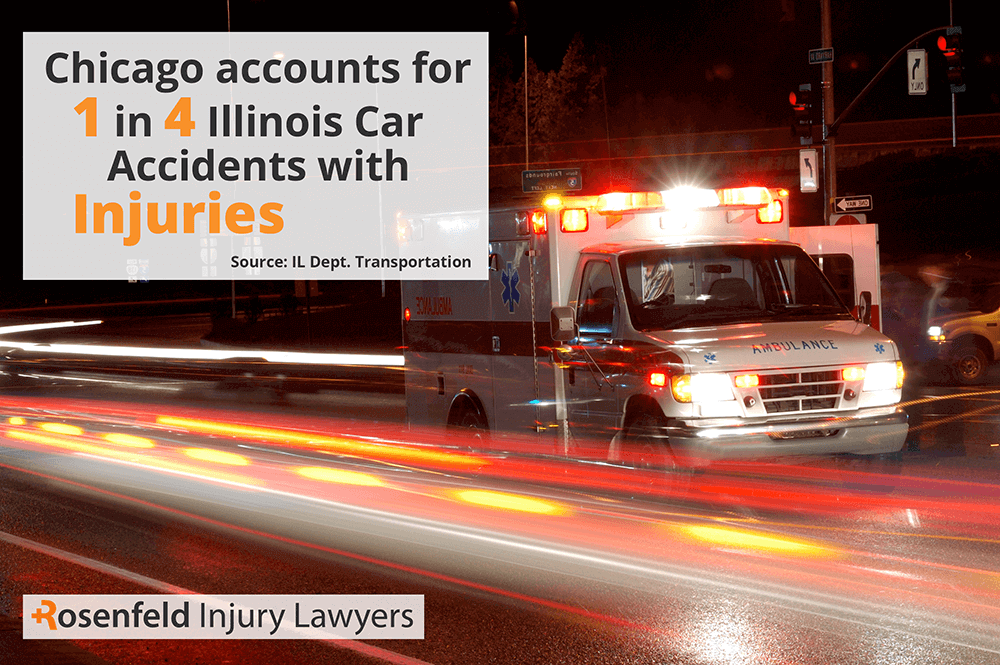Understanding Personal Injury Law: A Detailed Guide

Introduction
Injury legislation, a fundamental part of civil regulation, gives a lawful treatment for people who have actually been literally or emotionally hurt because of the negligence or wrongful conduct of one more party. This overview aims to supply a thorough understanding of personal injury regulation, its concepts, kinds of injuries, the legal procedure included, and the relevance of working with a personal injury attorney.
Understanding Individual Injury Legislation
Accident regulation is made to shield people who have suffered damage from another's activity or passivity. It is rooted in the concept of carelessness, which establishes that individuals and entities have a task to act with reasonable treatment. When this task is breached, resulting in harm to an additional, the liable event may be held legitimately responsible.
Secret Concepts
Carelessness: The foundation of accident regulation, carelessness occurs when somebody falls short to work out the level of care expected under the conditions, resulting in another person's injury.
Responsibility: Identifying liability involves developing that is at mistake for creating the injury.
Problems: This describes the payment awarded to the damaged event, which can include medical expenditures, shed wages, and discomfort and suffering.
Kinds of Individual Injury Instances
Personal injury regulation covers a variety of incidents. Some typical kinds include:
Vehicle Mishaps: Among one of the most typical types of injury instances. When chauffeurs operate cars irresponsibly, they can be held liable for the injuries they trigger.
Clinical Negligence: When healthcare professionals stop working to offer sufficient therapy, leading to damage or injury to clients.
Workplace Accidents: Injuries taking place in the workplace, which may be covered under employees' compensation legislations.
Item Responsibility: Entails injuries triggered by defective or hazardous products.
Slip and Loss Situations: Generally take place on building possessed or preserved by somebody else, that might be held lawfully responsible.
The Legal Process
The injury legal process entails a number of vital steps:
Appointment with a Lawyer: It's crucial to speak with a lawyer who concentrates on injury regulation. Rosenfeld Injury Lawyers LLC They can give guidance on the viability of the instance and the following steps.
Examination: This involves gathering proof such as medical documents, witness statements, and professional testimony.
Filing a Legal action: If a settlement can not be gotten to, the case might continue to court. Right here, official lawful files are filed to start the claim.
Exploration Stage: Both events exchange information and examine the other's legal insurance claims and defenses.

Mediation and Arrangement: Prior to a trial, there's often an effort to resolve the instance outside of court.
Trial: If a negotiation is not reached, the situation goes to trial where a judge or jury will certainly choose.
Charm: Either party might appeal the court's choice if they think lawful errors were made.
The Duty of an Accident Lawyer
Employing an accident attorney is vital in navigating the intricate legal landscape. Their functions consist of:
Situation Evaluation: Lawyers provide an unbiased evaluation of your situation and the chance of success.
Handling Paperwork: They handle the considerable paperwork and due dates associated with individual injury cases.
Negotiation Skills: Experienced in negotiation, attorneys function to protect the most effective feasible negotiation.
Depiction in Court: If the situation goes to test, a lawyer provides skilled depiction in court.
Settlement in Accident Instances
Payment, or problems, in accident situations can be categorized as:
Economic Problems: These are measurable prices such as medical expenses, lost incomes, and property damages.
Non-Economic Problems: More subjective, these consist of discomfort and suffering, emotional distress, and loss of enjoyment of life.
Punitive Problems: In unusual instances, where the accused's conduct was especially outright, corrective problems might be awarded.
Conclusion
Injury legislation plays an essential duty in making sure that people who experience harm as a result of one more's negligence can seek and receive payment. Comprehending its principles, the kinds of situations it covers, the lawful procedure, and the role of a personal injury attorney are essential action in browsing this complex field. By obtaining this understanding, people can be better prepared to manage the difficulties of a personal injury case.
